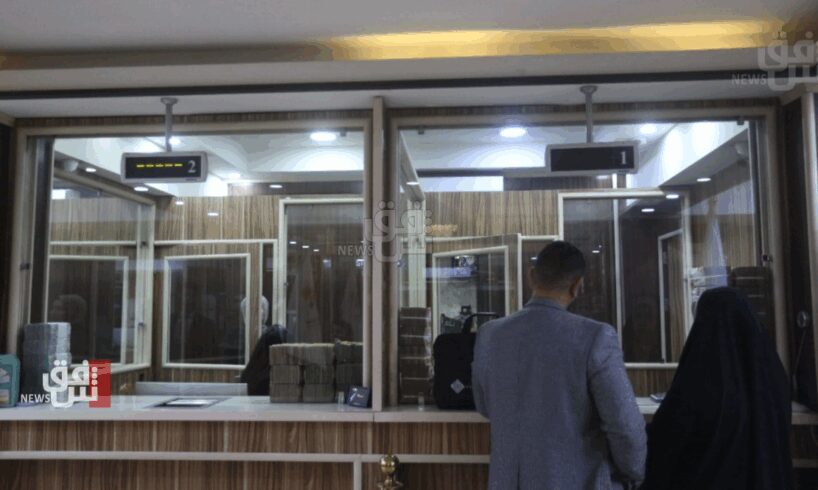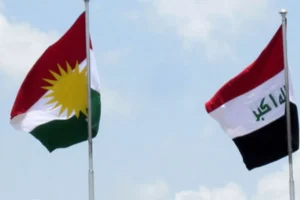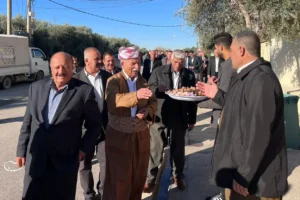
2025-08-02T18:18:02+00:00
font
Enable Reading Mode
A-
A
A+
Shafaq News – Baghdad
Officials estimated on Saturday that nearly 92 percent
of Iraq’s cash remains outside the banking system, making it one of the world’s
most cash-dependent economies.
Experts warn that widespread cash hoarding is draining
liquidity, weakening institutions, and blocking long-delayed reforms of Iraq’s
fragile financial sector. Decades of political turmoil, international
sanctions, and economic instability have also shaped this pattern. Repeated
bank failures, asset seizures, and corruption scandals have left many Iraqis
distrustful of formal financial institutions—especially in rural and
underserved areas with limited access to banking services.
MP Mustafa al-Karaawi identified the erosion of public
trust as the main reason citizens avoid depositing money. Although parliament
has pushed to merge and modernize public banks, progress remains stalled due to
entrenched inefficiencies and outdated digital infrastructure.
He called for mandatory digital transactions across
government and private sectors to normalize banking use. However, poor internet
coverage, limited online services, and cumbersome account procedures continue
to deter users.
Public Reluctance
In the capital, Abdul Ali Alwan described to Shafaq News
how opening an account took little effort, but withdrawing even a portion of
his funds dragged on for more than a week—an experience that discourages
further engagement with the system.
Frustrations also run high in the informal economy,
where delays can prove even more disruptive. Contractor Abdul-Zahra Fadhel
recounted frequent payment hold-ups and restricted access to his accounts,
which often left him without the liquidity needed to cover operational expenses.
“When funds arrive in dollars, banks often refuse to
disburse the money in the same currency. They require you to open another
account in dinars, and they don’t use the parallel exchange rate,” he
explained. Instead, the conversion takes place at the official government rate,
typically below the open market value—reducing the real worth of each payment
received.
Adding to the distrust, Fadhel pointed to episodes where
private banks faced temporary shutdowns due to external sanctions. These
incidents, he noted, reinforce the perception that formal banking channels are
unreliable.
Experts Call for Structural Overhaul
Economists link Iraq’s heavy cash dependence to deep
institutional weaknesses, stressing that decades of instability and limited
financial education have entrenched hoarding habits.
The implications extend far beyond households and small
businesses. Analysts warn that the Central Bank’s ability to manage inflation
is curtailed, and tools like interest rates lose their effectiveness. A
shrinking pool of bank-held liquidity also constrains lending and investment.
As a result, many investors bypass traditional banking entirely, opting instead
for informal and often less regulated financing methods.
Unless sweeping reforms are enacted, Iraq’s economy will
continue to face exposure to inflationary swings, liquidity shortages, and
capital flight. Restoring public confidence in the financial system, experts
argue, remains essential for ensuring long-term stability and sustainable
growth.
Written and edited by Shafaq News staff.





